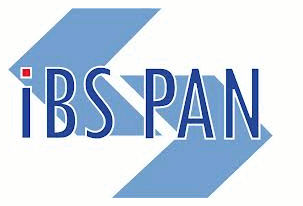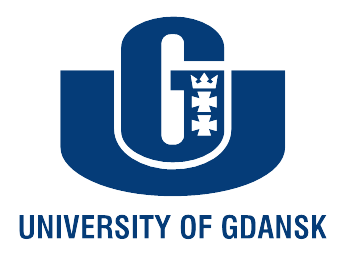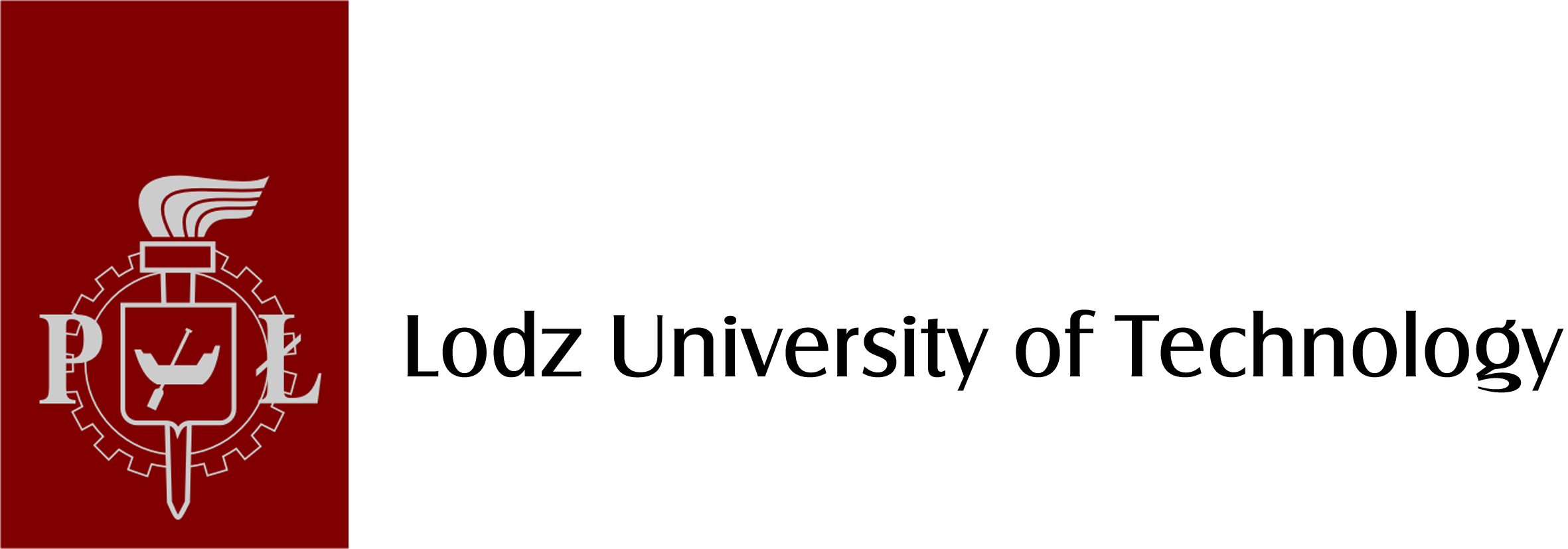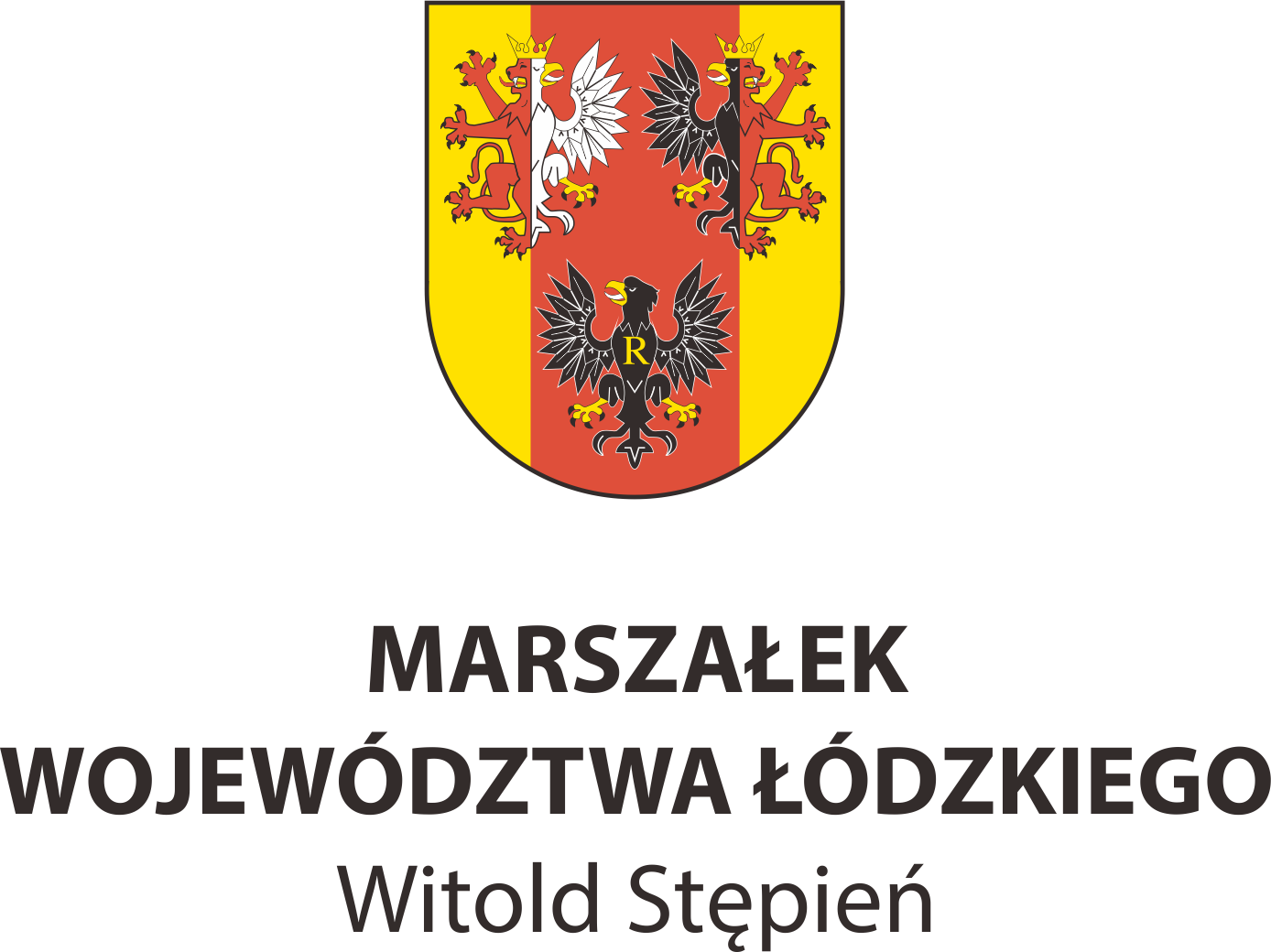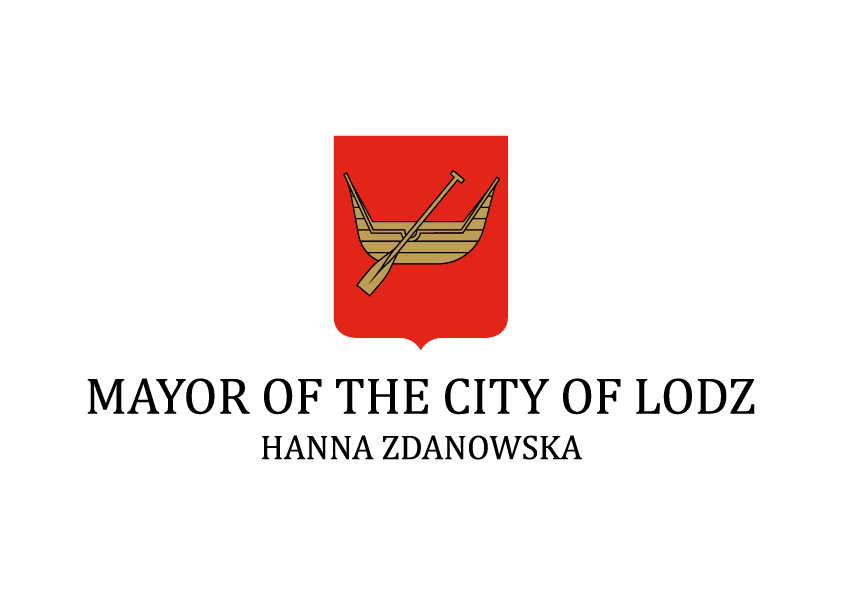 |
Join ABC:MI group HERE! |
10th Workshop on Agent Based Computing: from Model to Implementation (ABC:MI'15)
Lodz, Poland, September 13-16, 2015
The field of agent technology is rapidly maturing. One of key factors that influence this process is the gathered body of knowledge that allows in-depth reflection on the very nature of designing and implementing agent systems. As a result, there is now significant knowledge on how to design and implement them. There is also a deeper understanding of the most important issues to be addressed in the process. Therefore, on the top-most level a progress in development of methodologies for design of agent-based systems can be seen. Furthermore, these methodologies are usually supported by tools that allow not only top level conceptualization but guide the process towards implementation (e.g. by generating at least some code). Next, it can seen that new languages for agent based systems are created, e.g. AML or API Calculus. Separately, tools/platforms/environments that can be used for design and implementation of agent systems have been through a number of releases, eliminating problems and adding new, important features. Resulting products are becoming truly robust and flexible. Furthermore, open source products (e.g. JADE) are surrounded by user communities, which often generate powerful add-on components, further increasing value of existing solutions.
Topics
The Workshop primarily focuses on all aspects of the process that leads from the model of the problem domain to the actual agent-based solution. These aspects will cover both principled approaches and established practices of software engineering aimed at producing high quality software. In this context, research into the application of agent-based solutions to key challenges faced by software engineering (e.g. reduction of costs and delivery times, coping with a larger diversity of problems) will be of primary importance. ABC:MI Workshop welcomes submissions of original papers concerning all aspects of software agent engineering.
Topics include but are not limited to:
- Methodologies for design of agent systems
- Multi-agent systems product lines
- Modeling agent systems
- Agent architectures
- Agent-based simulations
- Simulating and verifying agent systems
- Agent benchmarking and performance measurement
- Agent communication, coordination and cooperation
- Agent languages
- Agent learning and planning
- Agent mobility
- Agent modeling, calculi, and logic
- Agent security
- Agents and Service Oriented Computing
- Agents in the Semantic Web
- Applications and Experiences
Paper Submission and Publication
- Authors should submit draft papers (as Postscript, PDF of MSWord file).
- The total length of a paper should not exceed 12 pages IEEE style (including tables, figures and references). IEEE style templates are available here.
- Papers will be refereed and accepted on the basis of their scientific merit and relevance to the workshop.
- Preprints containing accepted papers will be published on a USB memory stick provided to the FedCSIS participants.
- Only papers presented at the conference will published in Conference Proceedings and submitted for inclusion in the IEEE Xplore® database.
- Conference proceedings will be published in a volume with ISBN, ISSN and DOI numbers and posted at the conference WWW site.
- Conference proceedings will be indexed in BazEkon and submitted for indexation in: Thomson Reuters - Conference Proceedings Citation Index, SciVerse Scopus, Inspec, Index Copernicus, DBLP Computer Science Bibliography and Google Scholar
-
Extended versions of selected papers presented during the conference will be invited to the Special Issue of
- Scalable Computing; Practice and Experience
- Complex Adaptive Systems Modeling (publication fee waiver for the papers that are going to be selected is expected)
- Multiagent and Grid Systems
- Computer Science Journal (7 points in current ranking of MNiSW - this is something cryptic to the outsiders, but will be clear for scientists from Poland)
- Organizers reserve right to move accepted papers between FedCSIS events

